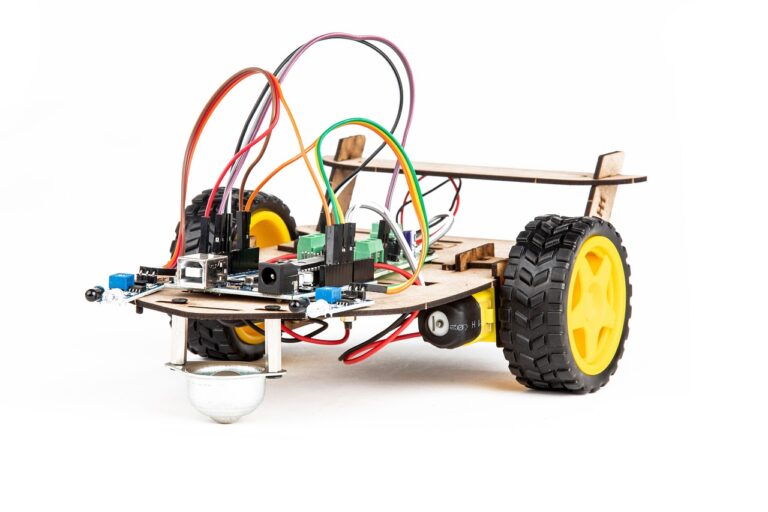Understanding the Role of Parental Involvement in Student Achievement: Building Strong Home-School Connections
Parental support plays a crucial role in a child’s overall development and success in academics. When parents are actively involved in their children’s education, students tend to have higher self-esteem, better grades, and improved behavior in school. The support and encouragement parents provide create a strong foundation for their children to thrive academically and emotionally.
Moreover, parental involvement fosters a positive relationship between students and their parents. This connection not only improves communication between home and school but also strengthens the bond within the family unit. By showing interest in their child’s education and being present in their academic journey, parents demonstrate that learning is valued and important, setting a positive example for their children to follow.
Establishing Effective Communication Channels
Effective communication between parents and children plays a crucial role in fostering a healthy relationship and promoting emotional well-being. Being attentive listeners and showing genuine interest in what your child has to say can go a long way in strengthening the bond and building trust. Encouraging open dialogue without judgment allows children to express their thoughts and feelings freely.
Setting aside dedicated time each day to engage in conversations with your child can help create a conducive environment for effective communication. By actively participating in discussions, asking open-ended questions, and providing thoughtful responses, parents can show their support and encouragement for their child’s thoughts and opinions. This two-way exchange of ideas and feelings forms the foundation for a strong parent-child relationship based on trust and mutual respect.
Encouraging a Positive Learning Environment at Home
Creating a positive learning environment at home is essential for a child’s academic success and overall well-being. One key aspect is to designate a quiet and organized study area where the child can focus without distractions. This space should be well-equipped with necessary supplies such as books, pens, and a comfortable chair to facilitate productive study sessions.
In addition to a dedicated study area, parents can promote a positive learning environment by establishing consistent routines and schedules. Setting aside specific times for homework, reading, and educational activities helps instill discipline and reinforces the importance of education in the child’s daily life. By maintaining a structured routine, children are more likely to develop effective study habits and succeed in their academic pursuits.
How can parents provide support for their children’s learning at home?
Parents can provide support by creating a positive learning environment, establishing a routine for studying, offering encouragement and assistance when needed, and communicating with teachers to stay informed about their child’s progress.
Why is establishing effective communication channels important for a positive learning environment at home?
Effective communication between parents, children, and teachers can help in addressing any challenges or concerns, clarifying expectations, and fostering a collaborative approach to education.
What are some ways to encourage a positive learning environment at home?
Some ways to encourage a positive learning environment at home include setting aside a designated study area, providing necessary resources such as books and materials, celebrating achievements, and fostering a love for learning through engaging activities and discussions.





